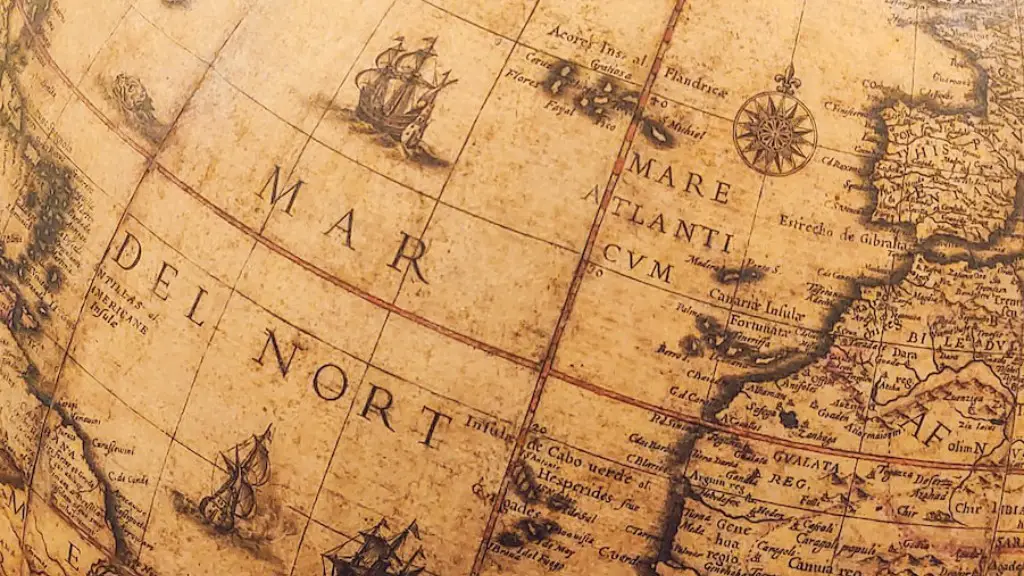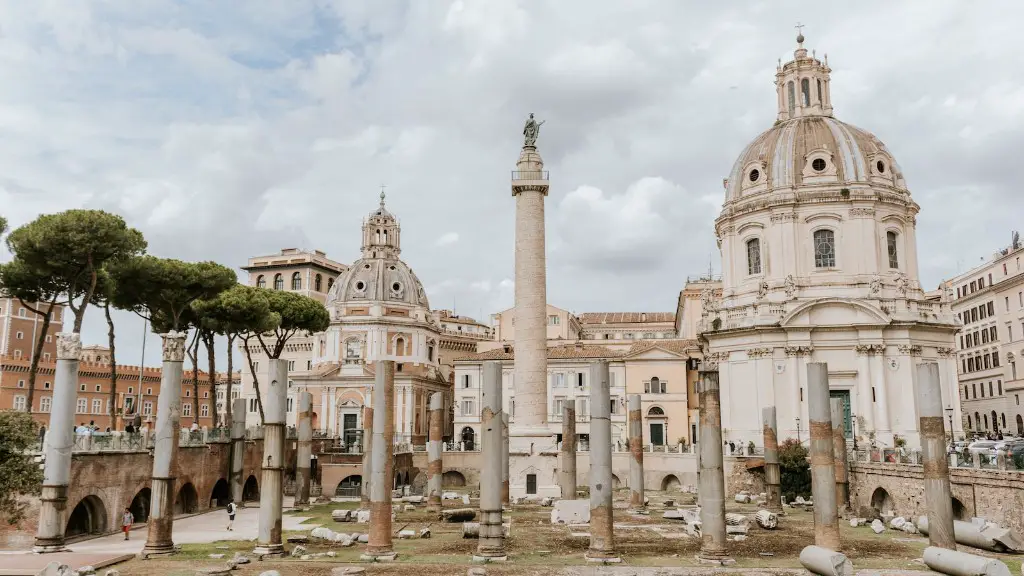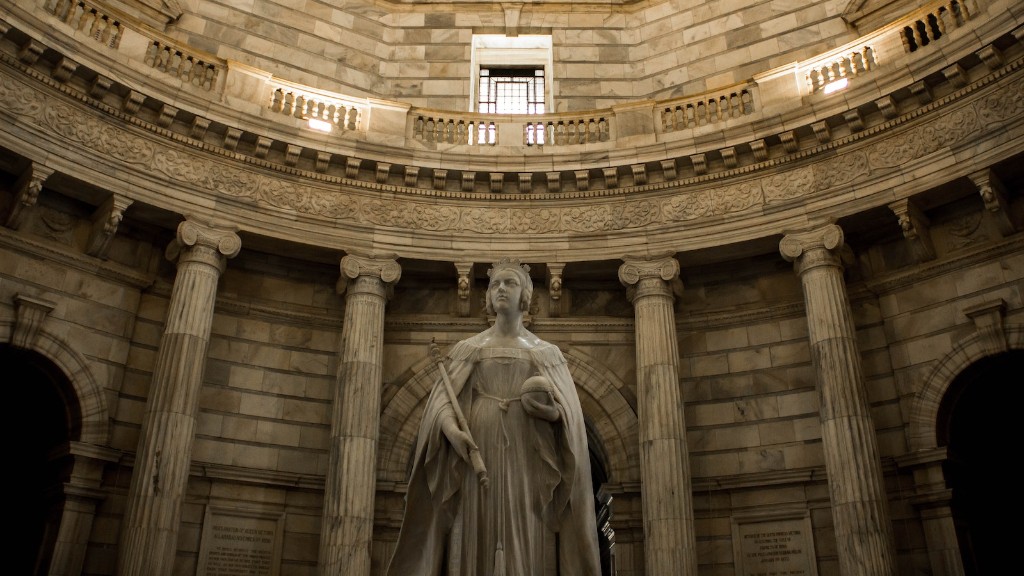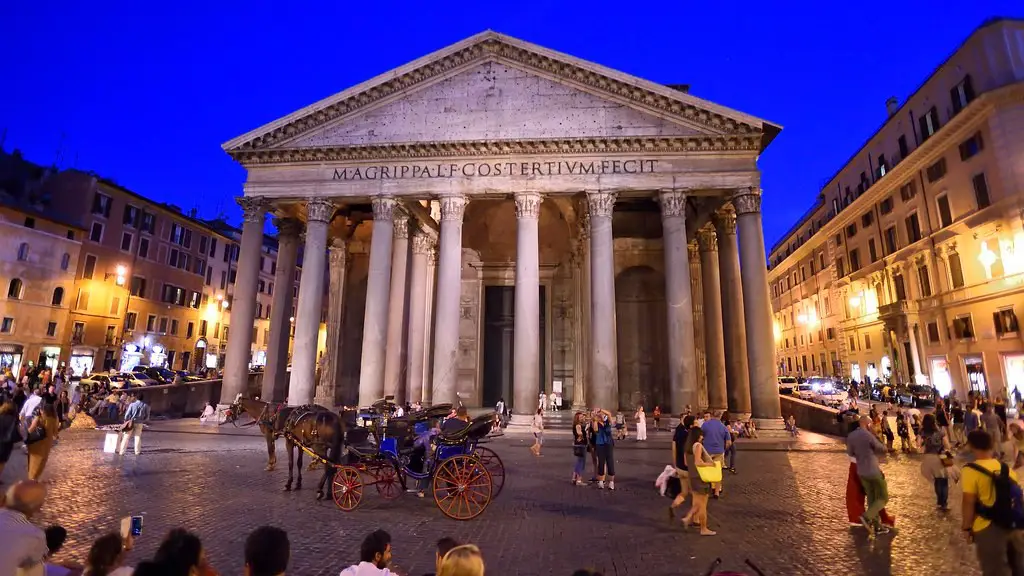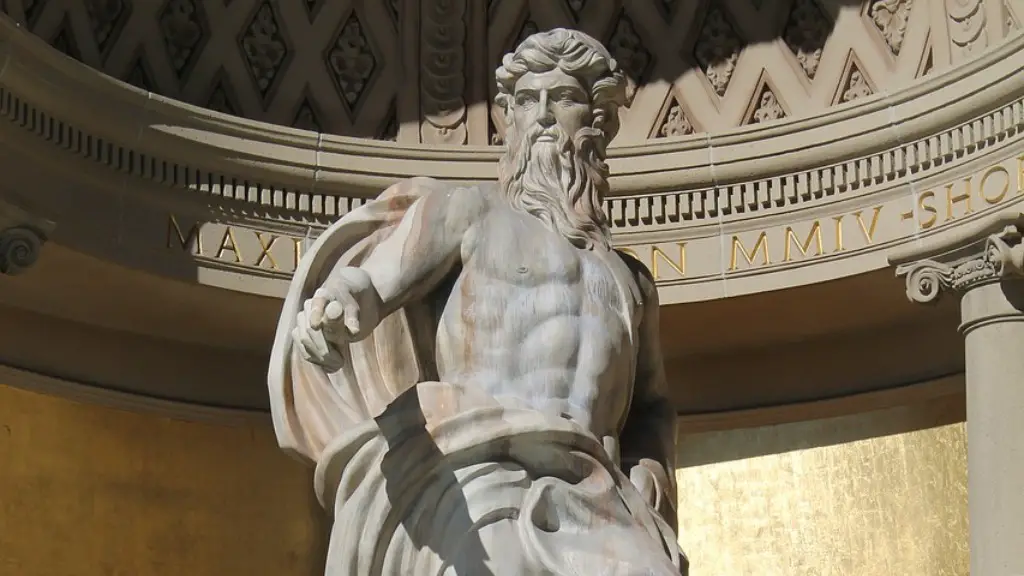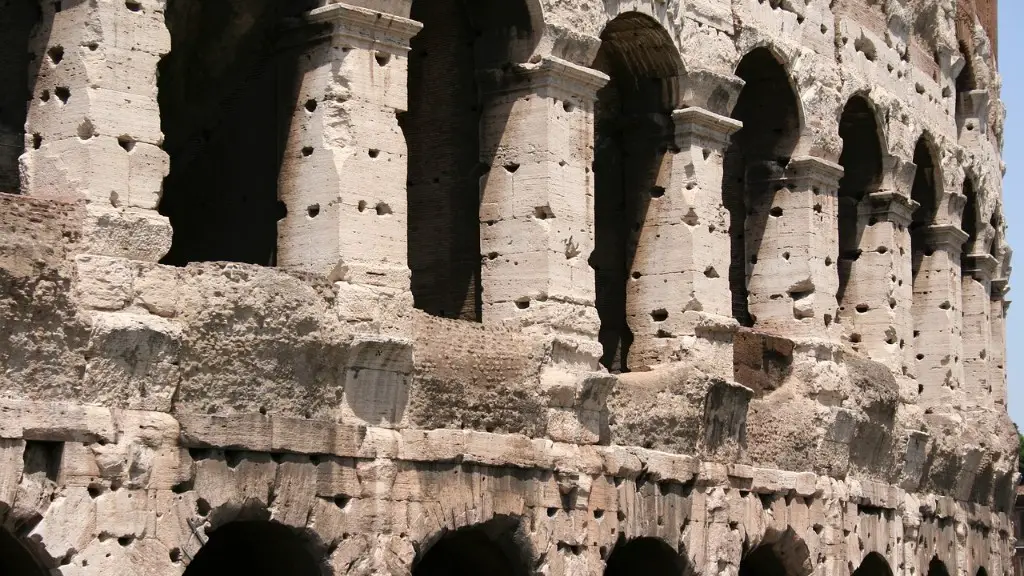The plebeians in ancient Rome were a stage between slave and the higher classes, much like the lower classes today. They were citizens of Rome, but without the privileges of the upper classes. They had some rights, but these rights were not as heavily defended as those of the Patricians, the higher-class elite. They were typically associated with the poorer classes of the population, as well as tradespeople, farmers, merchants, and other lower class professions. Since the Plebeians were not well-respected by the Patrician class, they had to fight for their rights and even to be heard at all.
There were some restrictions placed upon the Plebeians, though; for example, they were not allowed to remarry after a divorce or widowing, nor were they allowed to wear the same kind of clothing as the higher class, as they were expected to uphold a certain standard of dress. They were also not allowed to hold certain public offices. To become a senator or consul, one had to be a Patrician.
The Plebeians had limited access to political involvement. They were, however, the main source of soldiers and labourers needed for Rome’s expanding empire, so it was important to keep them in a good state of health, and to keep their morale up in order to ensure the safety and success of the Roman Empire. They were paid for their military service, which was a valuable source of income for many.
The Plebeians had a voice in the Roman political landscape, but it was a minor one, generally relayed through the designated tribunes of the Plebeian Council, and in the rare plebiscite, an important vote. The Plebeian Council represented the working-class people of Rome and was essential in ensuring that their rights and interests were represented in the Senate, where the Patricians held sway. This gave the Plebeians an influential role and provided them some measure of protection against exploitation.
The Plebeians also had some economic power, primarily through their role in the Roman economy. They were able to acquire property and serve as businessmen, but their most important asset was their military service. The Plebeians were important for both their economic contributions to Rome and for their political leverage.
Role as Representives
The Plebeians had a limited, but important role as representatives of the plebeian class in Roman politics. They were able to elect their own magistrates, called tribunes, to defend their interests in the Senate. This gave the Plebeian class the ability to negotiate with the Patrician class, who were the ruling class of Rome. The plebian tribunes were also an essential component of the Roman government, as they were ultimately responsible for the protection of plebeian rights and welfare.
One of the tribune’s most important roles was to ensure that no law could be passed that would benefit the Patricians at the expense of the Plebeians. This was known as the Plebeian Right, and was seen as essential to protecting the rights of the Plebeian people. This provided the Plebeians with some measure of protection from potentially oppressive Patrician rule.
The tribune also had the power to veto any laws that favored the Patrician class. This could be a powerful form of protest, as the Patricians could not pass a law if a tribune vetoed it. In this way, the tribunes were able to give voice to the Plebeian class and prevent violations of their rights by the ruling class of Rome.
Influence on Roman Slavery
The Plebeians also played an important role in the Roman system of slavery. They were sometimes obliged to sell themselves into slavery in order to pay a debt, or to secure a livelihood. Under the Roman legal system, they were allowed to purchase their own freedom, or to pass it to later generations. Many of the Plebeian soldiers were also employed as slaves, making them a valuable asset in Rome’s expanding empire.
The presence of the Plebeian class gave the slave population a certain amount of freedom, as they were not subject to the same harsh rules of the Patrician-owned slaves. This allowed the Plebeians to make the most of the opportunities their status offered them, and in turn, the Plebeians influenced the fate of the slave population.
The Plebeians were also important in the Roman economy, as their labor was seen as a valuable asset. The fact that they could purchase and own slaves, as well as own property themselves, meant that they provided a much-needed source of labor for the Roman economy. The Plebeians were thus able to contribute to the economic success of Rome.
Role in Roman Religion
The Plebeians were not only important to the Roman economy, but had a major impact on Roman religion as well. As they were not granted the same religious privileges as the Patricians were, they developed their own religious practices, some of which were adopted by the Roman elite.
The Plebeians celebrated the festivals of Ceres, Liber, and Libera, as well as the Roman gods Mars and Quirinus. This gave them a chance to publicly celebrate their beliefs and to connect with the gods and goddesses of Roman mythology. In this way, the Plebeians helped to spread the beliefs of Roman religion.
The Plebeians also played an important role in the Roman system of superstition and augury, as they could interpret and predict the will of Apollo and the other gods through prophetic means. This gave the Plebeian class a connection to the spiritual world, which may have been seen as empowering by some.
The Plebeians were an important part of the Roman world, and their role in the economy, politics, and culture should not be overlooked. Their voice was important, but it was not as powerful as the voice of the Patricians, who were the ruling class of Rome. Nonetheless, the Plebeian class played a major role in shaping the Roman world, and can still be seen in the modern day.
Legacy
Today, the legacy of the Plebeians lives on in many ways. Not only is the concept of the common people’s power still respected, but the Plebeians also provided an example of fighting for rights and making their voices heard. Their example of political empowerment, through the power of the Plebeian Council, is still respected and often emulated in modern society.
The Plebeian class also left a powerful cultural legacy, as many of the ideas, stories, and beliefs that were important to them were adopted by the Roman elite. The Plebeians’ beliefs and superstitions were seen as legitimate and valued, and this is still seen in modern religion and superstitions.
The Plebeians were an important part of the Roman world, and their influence can still be seen in today’s society. They were not seen as equals by the Patricians, but they still managed to shape the Roman world in important ways. Their legacy should not be forgotten, as it shows us that even the lowest classes can still have an important impact on history.
Impact on Modern Culture
The importance of the Plebeians can still be seen in modern culture. In many countries, the importance of the lower classes and their role in society is still highly respected, and the concept of fighting for one’s rights and equal representation is still revered. The importance of the Plebeian class in Rome continues to inspire modern citizens to pursue freedom and justice.
The Plebeian class also influenced the development of the legal system in Rome. Their ability to negotiate with the Patrician class allowed them to gain certain rights that allowed them to protect themselves from potential exploitation. This sense of comfort in their legal standing has been carried down throughout history and can still be seen in modern legal systems.
The legacy of the Plebeians can still be felt throughout the world, though at times it is subtle. However, the story of the Plebeians shows us the importance of fighting for rights and that even the lowest classes can make a difference. Thus, the story of the Plebeians is a reminder for all citizens to strive for justice, freedom, and equality, as the Plebeians did in ancient Rome.
